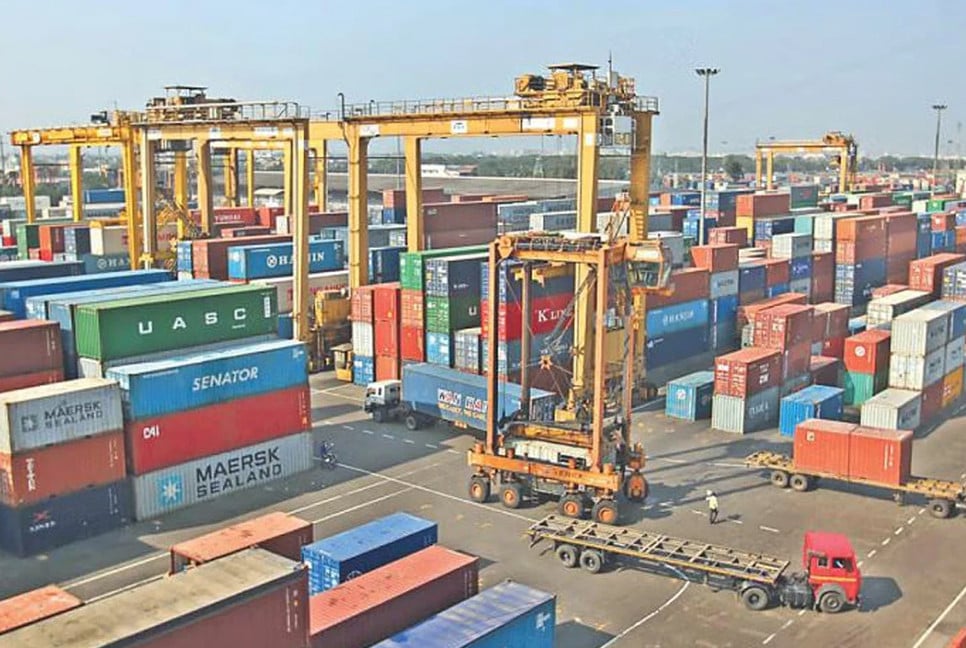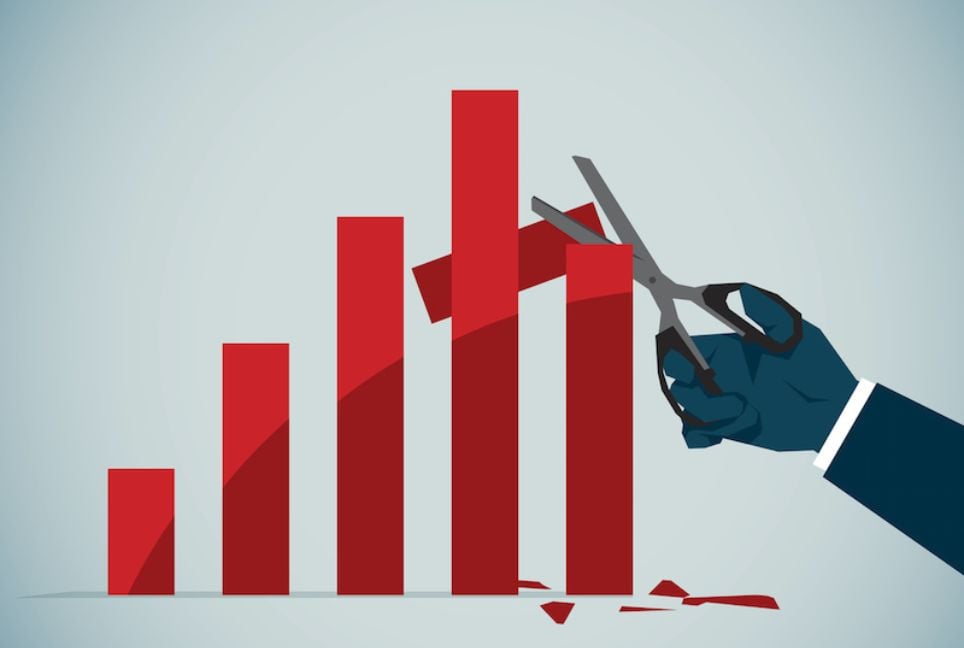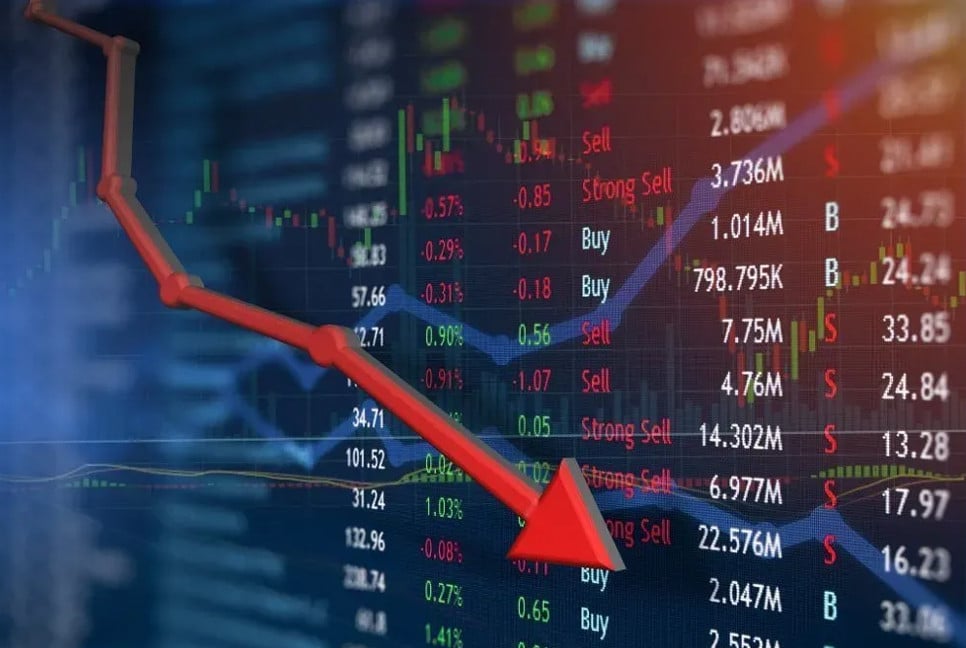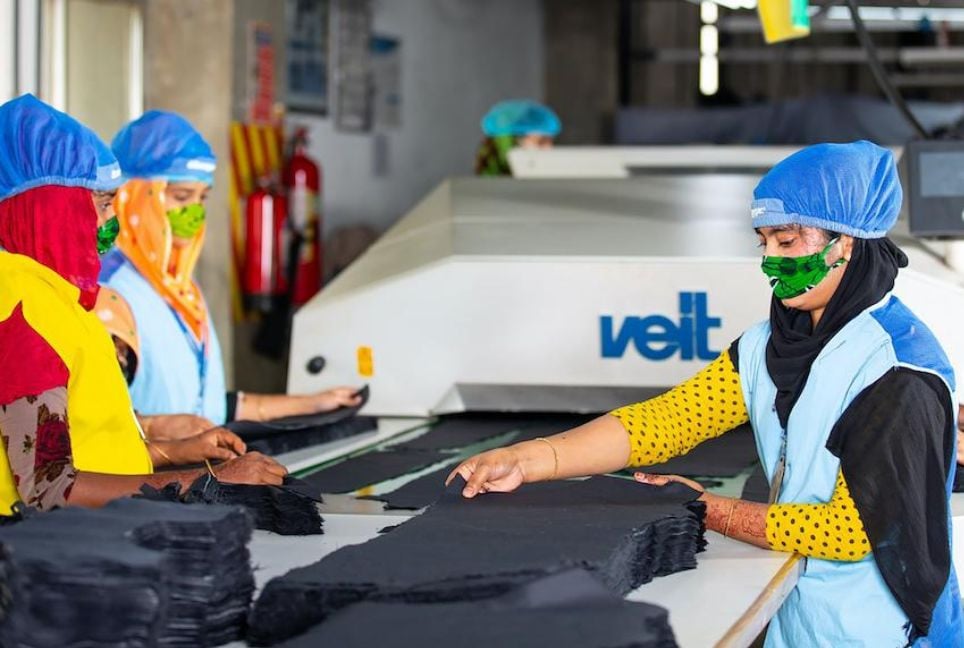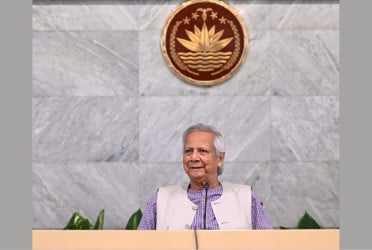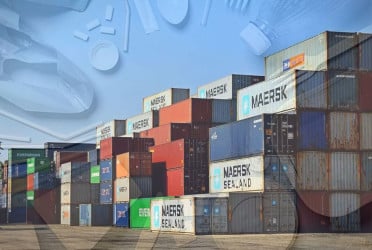Country’s trade has ground to a halt as the raw material imports fell to $5.27 billion in November, a sharp decline from $5.6 billion in the same month last year. This marks a troubling sign for the economy, as a reduction in imports is expected to fuel inflation and push up commodity prices.
Economists warn that lower imports create a vicious cycle that risks worsening inflation, impacting consumers and raising concerns among the country’s development partners.
Import transactions through letters of credit (LC) saw a 6 percent drop in November compared to 2023, according to government data. The total value of LCs opened from July to November this year also decreased by 1 percent, amounting to $27.97 billion.
Bangladesh Bank reported a 1 percent fall in LC settlements over the same period, highlighting the decline in international trade. Bankers noted that the slowdown in business and investment plans, coupled with reduced credit growth in the private sector, has contributed to the drop in imports.
However, those concerned hope that the situation will gradually normalize and business will soon resume in full swing. Because the government has withdrawn taxes on imports of several essential goods and Ramadan, the month of highest consumer spending, is approaching, bankers and experts believe that the volume of imports may increase in the coming months.
M Masrur Reaz, Chairman and CEO of Policy Exchange Bangladesh said, “We expect imports to increase as the foreign currency (dollar) exchange rate gradually stabilizes. Bangladesh relies heavily on imported goods to sustain its economy. Therefore, increasing imports can help reduce inflation.”
According to the Bangladesh Bureau of Statistics (BBS), inflation rose to 11.38 percent in November 2024 and food inflation rose to 12.8 percent.
According to a report by Bangladesh Bank, during the July-November (five months) period of this year, imports of capital equipment fell by 29 percent to $69 million. At the same time, imports of intermediate goods (products sold at the industrial stage for production) also declined significantly. They fell by more than 12 percent to $1.69 billion. Similarly, imports of consumer goods fell by more than 3.34 percent to $2.6 billion.
On the other hand, industrial production activities are showing signs of a slight turnaround as imports of industrial raw materials increased by 4.8 percent. Industrial raw materials worth $9.8 billion were imported during July-November of this year. Analysts have expressed hope that import activities will increase as the economy recovers as the political and economic situation stabilizes.
(Translated by Tanvir Raihan)

